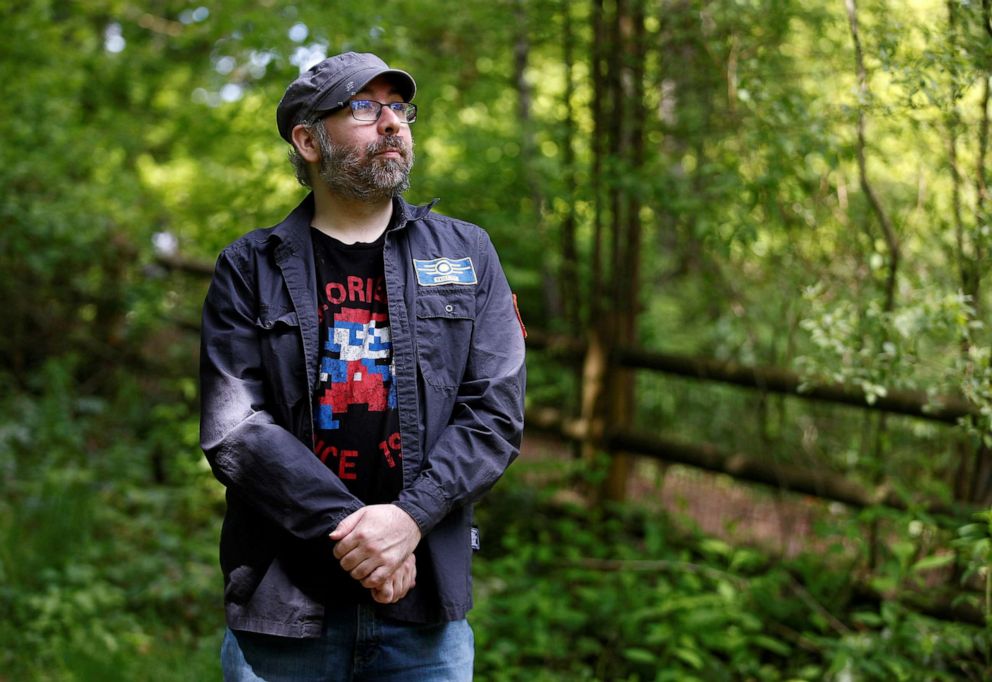Justices fear ‘chaos’ from rogue Electoral College delegates
Supreme Court debates requiring presidential electors how to vote
Raising the potential of “chaos” in coming presidential elections, the U.S. Supreme Court on Wednesday signaled support for several states’ efforts to crack down on rogue Electoral College delegates who cast ballots in defiance of popular vote.
Two so-called "faithless electors," from Washington and Colorado, were penalized by their states in 2016 after voting for a Republican presidential candidate against state laws requiring them to back their respective states' popular vote winner -- the Democrat, Hillary Clinton.
They were among seven delegates nationwide who cast ballots at the Electoral College for candidates they were not pledged to support. The anomalous votes did not impact the outcome of the election but did draw condemnation from state officials and some democracy advocates.
“Do the states have the power to control through law how an elector may vote? They do not,” argued Lawrence Lessig, the Harvard constitutional law professor defending the Washington state elector.
Lessig contends states have the power to appoint electors but cannot control how they vote, giving them broad discretion as representatives even if they take a pledge to vote a certain way.
The states argue that, implicit with the constitutional power to appoint electors, is the power to remove them for any reason -- especially in cases where they risk corrupting the democratic process.
“The constitution allows the states to set conditions” for electors, argued Noah Purcell, Solicitor General of Washington. “The only dispute here is whether the states can enforce the conditions.”
The Constitution establishes the Electoral College process, letting states send representatives to indirectly elect the next president of the United State. More than two dozen states have laws requiring presidential electors to cast ballots for the popular-vote winner. Rogue electors are rare, but in a very close race could be critical.
Much of the nearly three hours of telephonic oral argument before the justices Wednesday focused on various scenarios of how electors could be corrupted – and what remedy, if any, states can pursue.
“Can a state remove someone, for example, who openly solicits payments for his or her vote?” asked Justice Clarence Thomas.
Several justices contemplated what would happen if an elector is blackmailed, lied about his or her eligibility or even failed to show up for a meeting of the Electoral College.
“It’s somewhat hard to understand the concept of something I am pledged, bound to do, I have made a promise to do something, but that promise is unenforceable,” said Justice Ruth Bader Ginsburg.
“It’s difficult until we recognize how familiar it is,” countered Lessig, the Harvard constitutional law professor arguing for the electors.

"Faithless electors" are highly-controversial and uncommon, but not unprecedented throughout American history. They have never been a determining factor in the outcome of a presidential election.
During the 2016 campaign, Lessig – a Democrat -- led a public pressure campaign to flip 20 Republican members of the Electoral College to vote against Donald Trump after election day. It failed to gain steam.
“If it's a close call or a tiebreaker, we shouldn't facilitate or create chaos,” said Justice Brett Kavanaugh. “We have to look forward, and just being realistic, judges are going to worry about chaos.”
Chief Justice John Roberts and several associate justices raised concern about the potential for bribery.
“The ability to remove bribed electors is crucial,” argued Colorado attorney general Philip Weiser, “not only after a trial, but after there is a basis for the concern.”
“The integrity of our elections is at stake in this case,” Weiser said.
There have been no known cases of bribed presidential electors.
The attorney for the Colorado elector said the court must grant some “flexibility” in balloting at the Electoral College.
“There must be times when electors, and only those electors, are best positioned to act in the interest of country,” Jason Harrow argued. “There’s some risk of instability no matter who wins this case… but until that, the vote of real humans isn’t going away.”
The arguments were the last of the term for the Supreme Court, which held six days of hearings by livestreamed teleconference in May -- a historic step prompted by the coronavirus pandemic.
The justices are expected to deliver decisions in the final cases of the term by summer.




